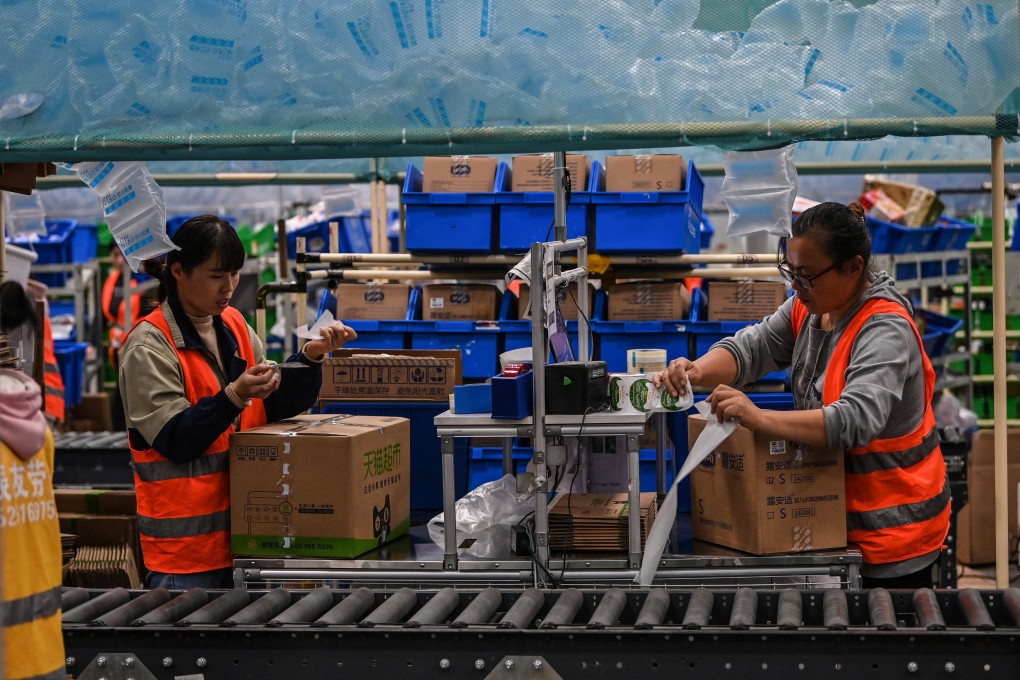No more fake Chanel as China tightens regulations even further on counterfeit e-commerce sales
- Revisions come amid a widening crackdown by regulators, including SAMR, on Big Tech and their internet businesses
- Proposed updates to the country’s e-commerce law promise much harsher punishments for operators found selling fake products online

China’s top market regulator has revealed proposed updates to the country’s e-commerce law that promise harsher punishments for selling fake products online, as regulatory pressure on the companies behind the country’s booming digital economy continues to ratchet up.
The draft amendment, released for public feedback on Tuesday by the State Administration for Market Regulation (SAMR), gives detailed rules and adds extra punishments for those found to be guilty of serious violations, including the potential revocation of their online business licences.
The proposed revisions come amid a widening crackdown by regulators, including SAMR, on Big Tech and their internet businesses, including e-commerce. In March, the state-owned news agency Xinhua said the country will adopt more punitive measures to clean up the online shopping market and maintain a healthy environment.
The new draft extends the response window – the time a merchant’s business can be restricted while infringement claims are settled – from 15 days to 20 working days.
The original e-commerce law, which was passed in 2018 and took effect in 2019, aimed to clean up China’s reputation as a major source of counterfeit and knock-off merchandise for the world’s largest e-commerce market. It covers the requirement for registration and licensing of e-commerce operators, taxation, electronic payments and e-commerce dispute resolution, as well as the protection of intellectual property.
